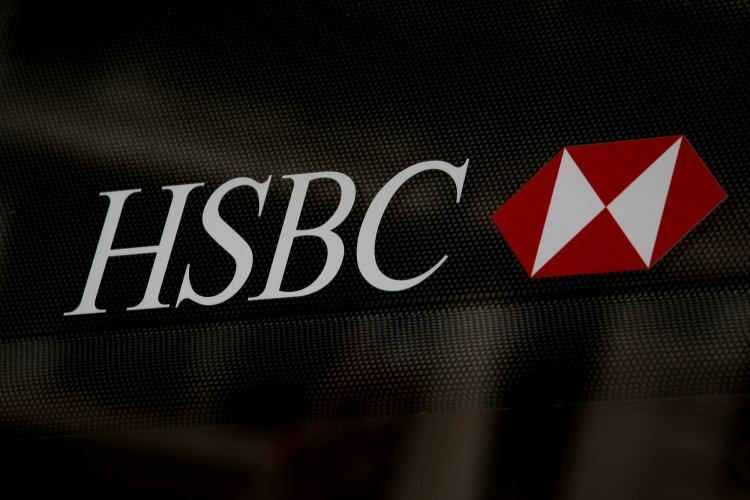HSBC has filed an application with a Singapore High Court, seeking for it to place energy firm ZenRock Commodities Trading under judicial management. The lender, who already lost more than $600 million from Singaporean oil giant Hin Leong, claims that ZenRock had fraudulently secured financing from it and other banks.
The application was submitted to the court on May 4, with HSBC asking that the government take over ZenRock's management and help it restructure its debts. HSBC claimed in its application that ZenRock had used the same oil cargo as collateral to avail of loans from it and several other credit facilities. Sources claim that ZenRock currently owes HSBC around $55 million.
ZenRock has yet to release a statement in response to HSBC's actions. However, the Singapore-based company did state last month that it was not under statutory restructuring nor was it seeking insolvency protection. The statement was released in response to concerns raised by its investors over its financial status. ZenRock had added that it was working with its creditors to negotiate bilaterally acceptable restructuring terms.
HSBC's action is the latest in a string of increased efforts by lenders to avoid losses related to commodities trading. The bank, currently Europe's largest lender, was heavily hit by the collapse of Singaporean oil trader Hin Leong Trading, which had owed almost $4 billion to 23 different banks. According to sources with the knowledge of the matter, HSBC had the most exposure to the company, which was part of its $2 billion oil trading loan portfolio.
Apart from the Hin Leong fiasco, the most notable case of banks hit by traders using the same commodities as collateral happened in 2014. Standard Chartered and Citigroup reportedly lost millions of dollars after a China-based metal trader had used the same stockpile to secure three separate loans.
According to its profile at the Singapore Accounting and Corporate Regulatory Authority, ZenRock also has standing trade financing facilities with Natixis SA and Oversea-Chinese Banking Corp. In its filing with accounting regulators, the company claimed that it has already paid its debt to ABN Amro Bank NV.
The rising tensions between banks and commodities traders escalated as the coronavirus pandemic began to spread worldwide. The sharp dip in oil prices and the slump in global demand had wreaked havoc on the finances of commodities traders, exposing their hedged financing transactions.
Hin Leong's collapse last month was immediately following by several banks moving against traders to secure their debts. Banks have now become increasingly cautious in issuing financing facilities to traders, as the sector faces unprecedented uncertainties due to the global crisis.





